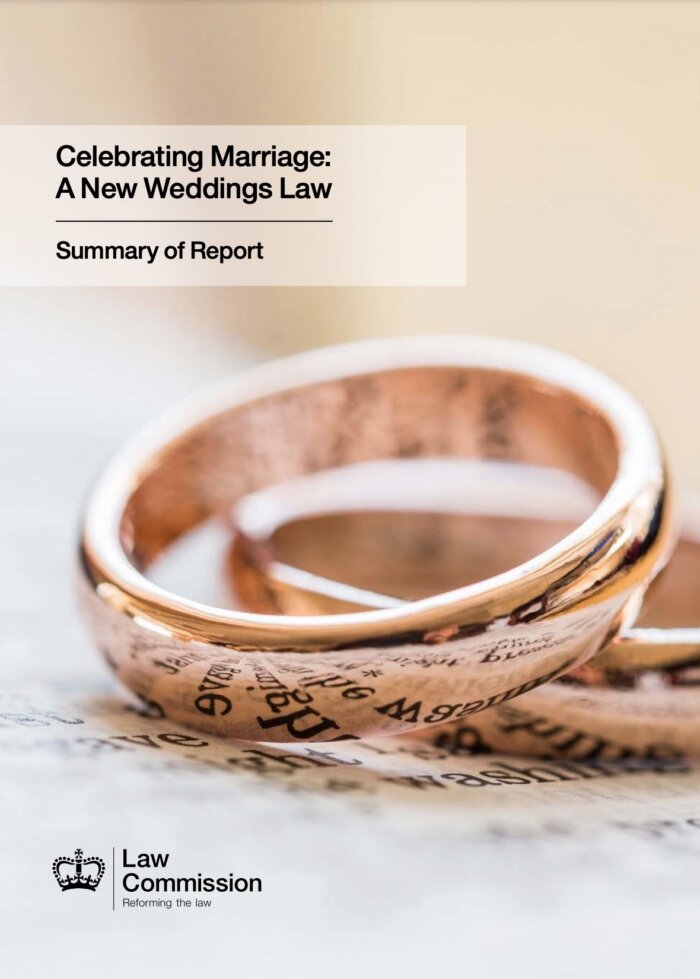Dearest readers – we hope you’re safe and well as you read this – I think that for the better part of the UK, the sun is shining bright this morning – a much needed and beautiful blessing after this week.
Continuing our advice series, prompted by the current situation, we have an essential read for you all today.
If you’re wondering where you stand with contracts, bookings and all of the arrangements that you’ve made, we urge you to bookmark this advice from Heather Stanford of Stanford Gould.
Heather is, quite simply, the wedding industry’s legal guru. She’s a qualified solicitor (non-practising) and knows absolutely everything there is to know about industry contracts so soak this up and we hope it helps.
We put some of the most questions that are being asked most frequently by our readers to Heather – her advice follows.
If you had told me in January that I would be answering requests for advice about contracts and pandemics in 2 months’ time – I would have laughed in your face, but here we are – it’s March and the wedding sector is now obsessed with contractual rights and obligations in the face of not only a very serious public health issue, but also a nightmare for almost every wedding supplier and couple caught in the eye of the storm.
In the last week, Stanford Gould has been inundated by requests for help and advice about what to do in this incredibly worrying and stressful time for all – even more challenging in this sector, because this has the potential to turn what should be the most joyous event of your life into a nightmare. So, to try and clarify your options, remove some myths and calm down the babble of suggestion and pseudo advice, I’m going to give you some steer round your most frequently asked questions:
Can I postpone my wedding?
The answer to this lies in whatever contract terms you agreed with your supplier. At the start of your relationship with your suppliers you should have received a contract for services.
A contract should be in writing and may take many forms:
Perhaps you received a proposal, maybe on email? or a booking form? With a brochure? For goods or services, subject to the supplier’s Terms and Conditions that you accepted? You may have been provided with a service contract that you signed, or which was provided to you before the commencement of the work and that you accepted on email, or by your conduct in agreeing and instructing the supplier to go ahead.
It does not necessarily need to have been physically signed to be binding, but it should have been given to you BEFORE the start of the services or your instructions to provide the goods – and thus was INCORPORATED into the arrangements.
If you didn’t get anything in writing at the start – you might have to go back to look for the email exchanges that you had, or any evidence of the verbal things you agreed at a meeting or over the ‘phone. A verbal contract can be binding, but of course this is much more difficult to prove what was in fact agreed, and to rely upon it.
What part of the contract should I be looking at to check my position on postponement?
A good contract will have a specific clause that deals with changes to the contract – sometimes called a variation clause – and should also have specific terms about cancellation or termination.
Cancellation can be by notice – by the couple or the supplier – or arise if a party defaults (that means doesn’t comply) with certain parts of the contract, usually around paying.
Sometimes, but not always, it will have a clause that deals with postponement. Often in wedding contracts postponement may be deemed to be a cancellation by the terms of the contract, so do check for that carefully.
Usually, there are financial consequences of changing or cancelling what you have originally agreed, and those consequences are usually more severe to the paying party the closer to the date they occur. Given that most wedding suppliers get booked 12 – 18 months ahead of an event it is not unusual to see terms that require full payment, or substantial payment if you cancel within 6 months or less of the event.
I’ve been sent a new cancellation policy by my suppler as a result of COVID-19 – what do I do?
A supplier should NOT be sending you any amended terms and conditions, or something purporting to be a new or revised cancellation policy after they have agreed terms with you.
If, in the current climate, they have suddenly realised they haven’t dealt with these issues properly in their original agreement with you, they may try to impose a different arrangement. If they do, you can refuse to accept any changes. The most important thing is to go back to the original agreement and work from that.
If a written contract does not exist – or there’s no specific terms about change, postponement or cancellation/termination, then you may potentially have more scope to change the date, or extract yourself without financial penalty, but take advice from someone qualified, the Citizen’s Advice Bureau, a consumer rights organisation or other reputable service about what you can, or can’t, do.
Where do I start?
Whatever the terms of you contract, speak candidly and as early as possible to your suppliers, and always try and reach an agreed compromise with them. It may be a difficult conversation but it will be less hassle, less stress, and less cost if you are able to reach a suitable way forward that works for everyone, rather than getting stuck in the unpleasant world of threatened or actual court claims and costs.
We are all in dark and unchartered waters and remember that many suppliers are very small businesses in as much fear about their livelihoods, as you are in fear of the loss of your lovely, and possibly very expensive, day.
So please try and talk to one another and work through the challenges that COVID-19 presents, without the need for a formal complaint or claim where you can. If that’s not possible (and after 20 years plus as a litigation solicitor in private practice in a former life, I know all too well that it isn’t always) then get some good advice for a reputable source.
__________
A note from Annabel – I just want to add to this that I have seen lots of wedding suppliers working really hard to reassure their clients that, should they have to postpone, they will do everything they can to work around new dates and time. I absolutely endorse Heather’s advice – if you’re worried about what might happen, speak to your suppliers sooner rather than later.
Credits & Thanks
- Photography - Amanda Karen Photography












